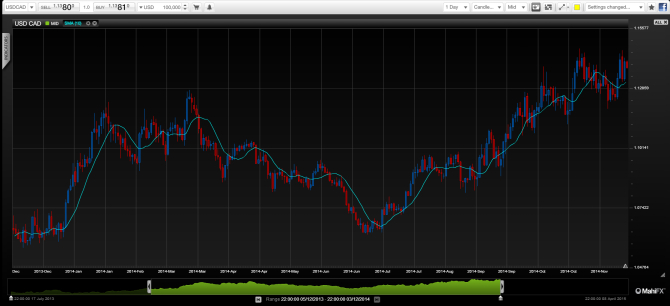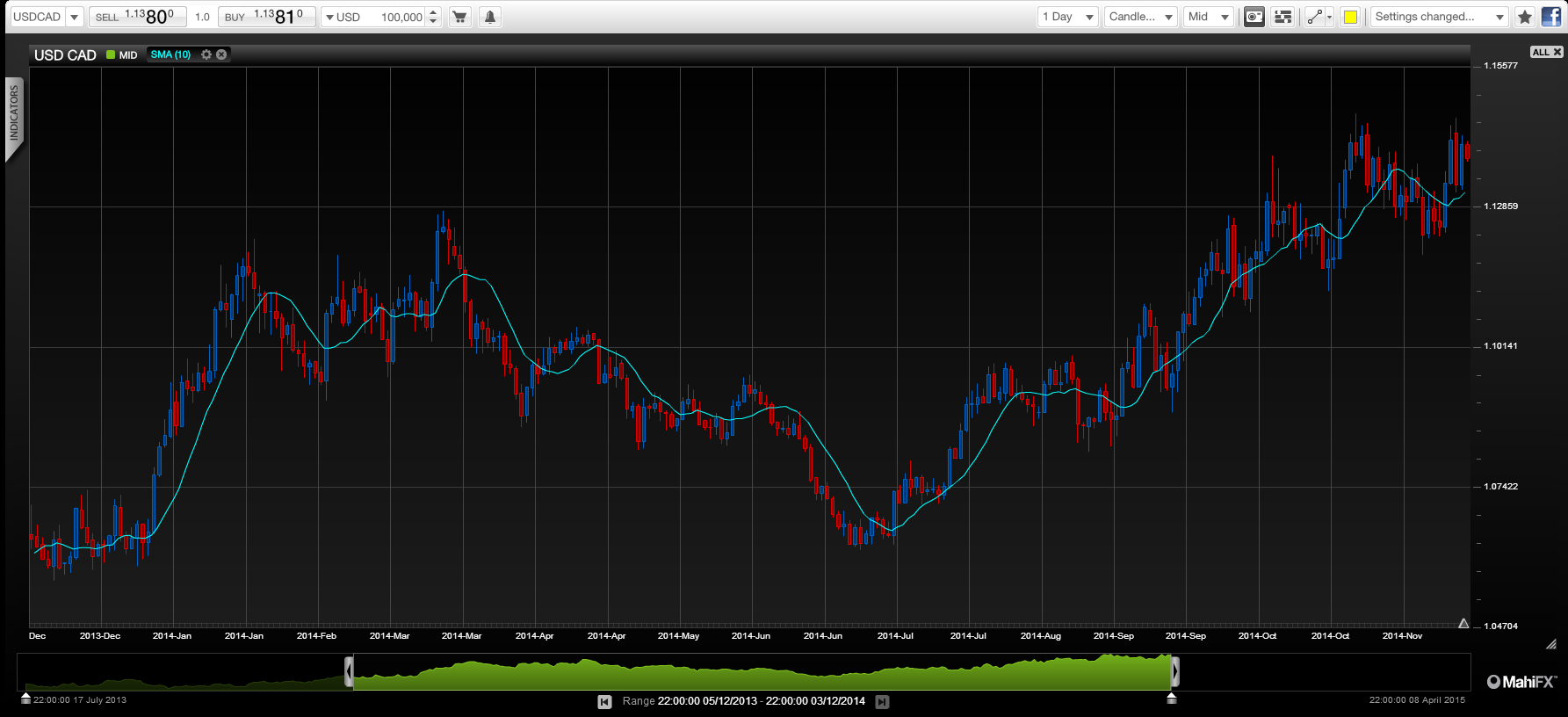The recent rout in oil prices and that of a number of other key commodities could have some surprising ramifications for the forex markets next year.
The obvious victims so far have been the commodity currencies, some of which have been hammered. If commodity prices are entering a long-term bear market that could have significant ramifications for monetary policy in the US, UK, Eurozone, Japan and other developed countries.
The common great preoccupation for central bankers across developed economies right now is deflation. It’s a cause for concern to varying degrees from the US Federal Reserve through to the Bank of Japan. A commodities bear market will certainly increase deflationary pressures in the absence of strong wage growth, which remains subdued even in the relatively fast growing US and UK economies.
Meanwhile, there’s speculation that the Riksbank may have to go beyond keeping interest rates low and even consider measures such as quantitative easing due to deflationary pressures in Sweden. The implication is that QE could be launched despite the absence of a crisis and with a respectable GDP growth rate – 2.1% in Q3 and unemployment at 7.5% (both streets ahead of the Eurozone).
By Justin Pugsley, Markets Analyst MahiFX. Follow @MahiFX on twitter
That same dynamic could potentially play out in the UK and to a lesser extent in the US, where some inflationary pressures have been more evident recently. In the US CPI is around 1.8%
In the UK CPI it is 1.3% with the Bank of England expecting it to fall to below 1% in the next six months. UK growth and inflation are being negatively impacted by the struggling Eurozone across the channel.
USD/CAD – example of commodity currencies suffering set-backs

What are the chances of the US & UK re-launching QE?
Therefore could QE be back on the cards in the US and UK sometimes next year? If it does resurface it will be a real game changer in the currency markets, likely potentially reversing the USD rally and would see GBP fall heavily.
So far the talk in the UK is of merely delaying interest rate rises, but that could change if CPI sinks below 1%. For the Bank of England it would be a complicated decision to revive QE, particularly if the UK economy is growing, unemployment is still falling and house prices remain firm. Under those circumstances it is unlikely to act unless CPI did actually start slipping into deflation.
In the US, increasing interest rates next year appears to be still on the agenda and today at least looks by the far the major economy least likely to embark on a QE programme. Fed officials have talked about lower oil prices being good for consuming economies and that any impact will be temporary in terms of deflationary pressures. Also, the US unemployment rate is now 5.8% and if it keeps falling wage inflation may not be too far off.
The struggling Eurozone could be pushed towards outright QE and Japan could even increase its existing programme.
In terms of being an economic stimulant, low oil prices can be very effective, probably more so than QE as it directly benefits consumers. But much depends on what Saudi Arabia does and if it really is determined to set back the US fracking revolution through cheaper oil or possibly create pain for rivals such as Iran and Russia.
However, Saudi Arabia despite its very low costs of oil production is reckoned to need a price of just over $90 a barrel to fund the various social programmes that help keep peace in the Kingdom. Therefore cheap energy prices may only last 6-12 months at best if the Saudi’s can force some discipline among other OPEC producers.
It’s yet another uncertainty for 2015, but while cheaper oil lasts it should be good for western economies even though it adds to global deflationary pressures, which will worry central bankers. The other big factor is world economic growth – should that disappoint next year then discussions about QE in the US and UK could once again resurface. However, cheaper oil should make that particular outcome less likely.
But for now, the continued rally of the USD looks justified on fundamentals.
In our latest podcast, we preview December’s big events, talk about the importance of jobless claims, the crash in oil prices and GOFO going negative:
Download it directly here.
